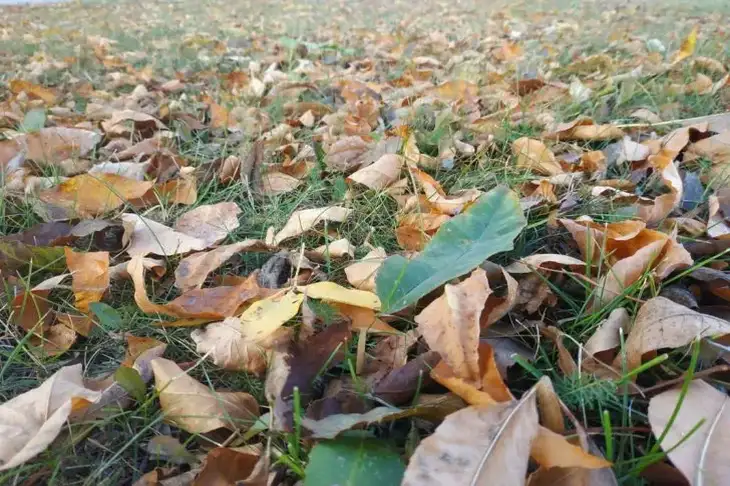What you shouldn't leave in your garden until spring: you definitely need to take it out before the cold weather comes
Autumn is not only the time for harvesting, but also a crucial period for preparing your garden plot for winter.
An important part of this process is the removal of plant debris and other waste, which plays a key role in preventing the spread of diseases and pests in the following season.
In this article, we'll look at the main types of waste that need to be removed from your property before the cold weather sets in, and explain why this is important for the health of your garden.
Pay attention to the root zone of fruit trees
This is where rotten and damaged fruit accumulates, which some gardeners leave in the hope of natural fertilization. But this approach can cause problems. Rotten fruit is an ideal environment for the development of pathogens and pests. They can become a source of infection that will spread throughout the garden in the spring.
Try to overcome your laziness and start collecting fallen and damaged fruit to put into your compost pile. Since compost takes about two years to mature, pathogens will be killed, and the organic material will become a safe and nutritious fertilizer for your garden.

Get busy cleaning up plant debris from the garden beds
Vegetable tops can become a haven for fungal spores, pest eggs and other pathogens.
Collect it carefully and add it to the compost or burn it to get ash. The resulting ash can be scattered on the beds during the autumn digging or left until spring to use before planting new crops.
Collect fallen leaves
Some gardeners believe that leaves are a natural mulch and fertilizer, but foliage is often a source of harm to the garden and vegetable garden rather than benefit, especially if you have noticed signs of fungal diseases on your site.
Leaves may contain spores of pathogens that successfully overwinter and attack plants with renewed vigor in the spring, and a thick layer of foliage creates favorable conditions for mold, fungi and attracts rodents.
In late autumn, clean up the leaves and compost or burn them.
